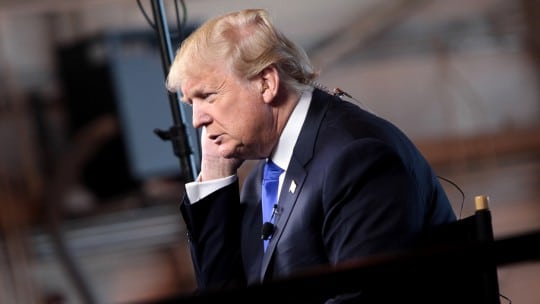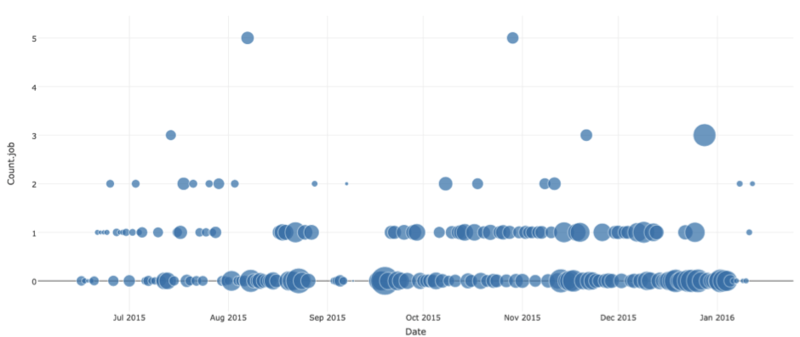
As the 2016 primary season comes to a close and candidates look toward the general election, the battle for social media supremacy continues. PR News looked at the people behind each candidate’s social strategy and found they tended to vary as much as the candidates themselves.
Donald Trump finds success with his off-the-cuff remarks on Twitter, while Hillary Clinton appears level and composed on social and Bernie Sanders took the road less traveled on platforms like Snapchat and Reddit. One can debate the value of each candidate’s tactics but what’s most important about the ways politicians use social is how they deploy social listening and targeting.
One of the most significant advantages of social networks is the incredible amount of user information that each platform collects and then makes available for targeted posts. By staying on top of what users and the media are talking about on social platforms, candidates have an unprecedented ability to weigh in with the most relevant information. The political campaigns add voter profile data to the mix to create detailed portraits of the electorate. The result: hyper-specific messaging strategies.
Each campaign can offer PR pros valuable examples of how to be aware of important topics and deploy the right messaging to the right audience at the right time. For example, Columbia Journalism School gathered the social media data of each candidate and analyzed the context of when specific messages were deployed. The data displayed below shows the frequency of Donald Trumps’ tweets about employment.

The table shows Donald Trump being the most vocal about job-related issues on Twitter around the Republican debates on Aug. 7 and Oct. 28, 2015. These two debates are also when the candidate delivered serious blows to rivals for the party's nomination. His tweets about jobs spike again in late December, preempting an employment report by the Bureau of Labor Statistics. At each of these times employment issues were major topics of conversation. By maximizing the relevancy of his social content, Trump’s Twitter efforts helped to expand his messaging to a broader audience than just those tuned into the televised debates. The frequency of tweets also served as valuable testing grounds for messaging surrounding the issue. Those that scored high engagement often became the basis for other communications around the issue.
Much like the current business environment, social media is now a necessity of political communications. As eternal early adopters, PR pros and their work with brands helped pave the road for social media use in politics. But even though the political world lagged a little behind, the scale and complexity of the national campaigns still buttress the myriad justifications for branded social media work and are ripe for the harvest of valuable PR insights.
Follow Mark: @MarkRenfree
